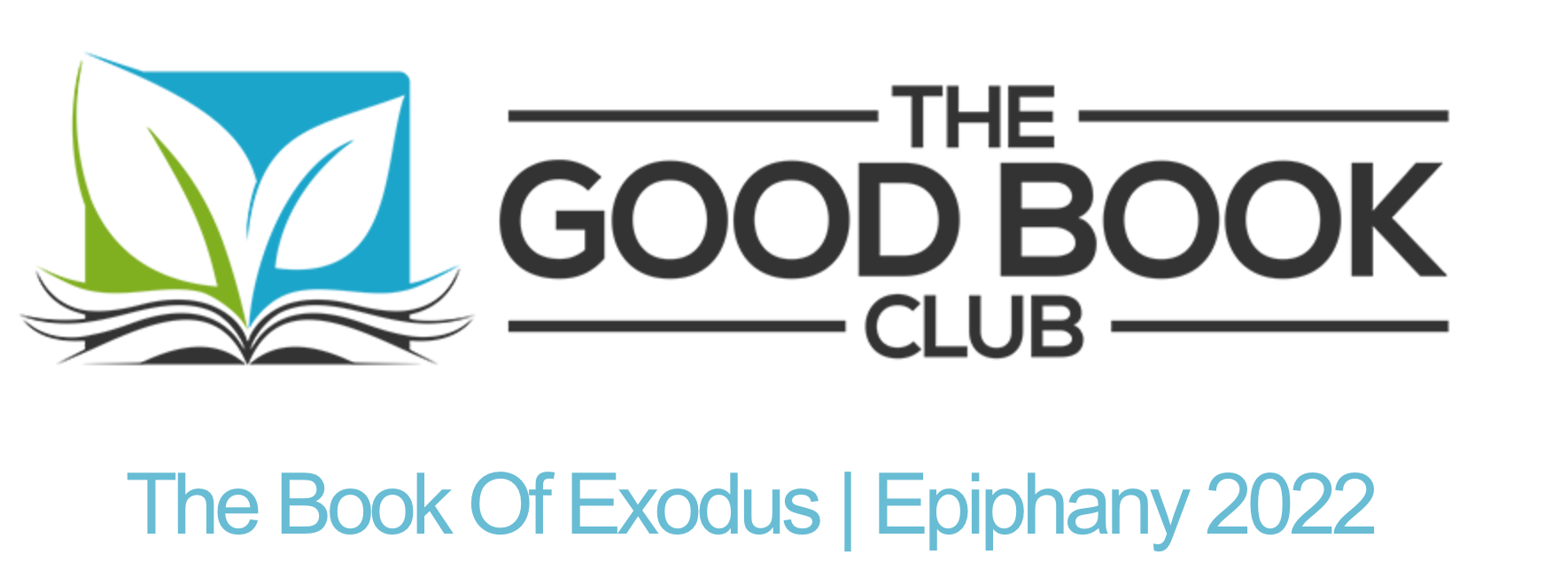
|
Loving enemies (Happy Valentines Day)
Regardless of the fact that today is Valentine’s Day, the Sermon on the Mount seems to indicate that our lives unfold with enemies all around us. G. K. Chesterton starkly put it this way: “The Bible tells us to love our neighbors, and also to love our enemies; probably because generally they are the same people.” That gets carried over into the history of the church.
David Brooks recently wrote a column (published on February 4) that spoke about infighting in the evangelical movement. Brooks mentions the song “We are one in the spirit, we are one in the Lord, and they’ll know we are Christians by our love.“ He states the obvious: the world envisioned by that song seems very far away right now. Bitter recriminations have caused some believers to wonder if the whole religion is a crock. (I confess that as I survey contemporary Christian culture in our country I can see their point.)
Brooks quotes Tim Dalrymple, president of Christianity Today: “As an evangelical, I’ve found the last five years to be shocking, disorienting and deeply disheartening. One of the most surprising elements is that I’ve realized that the people who I used to stand shoulder to shoulder with on almost every issue, I now realize that we are separated by a yawning chasm of mutual incomprehension.”
I don’t know how many readers identify as evangelical, but they aren’t the only ones to experience that yawning chasm of mutual incomprehension, with neighbors, co-workers, relatives, not to mention people in the next pew. The chasm clearly dominates our politics. It’s showing up in school boards and classrooms. It’s happening in workplaces. It’s evident where different racial groups convene. And of course, there’s social media. Since the Sermon on the Mount is addressed to disciples, perhaps we should focus on how that chasm surfaces in faith communities. How are we to bridge the yawning chasm of mutual incomprehension? Are there ways we can move toward love of enemies? Nice idea, but how do we do that?
We get a practical answer from Jesus. His call to love our enemies is linked to the call to pray for those who persecute. It’s the wisdom of the psalmist who says of his enemies: “They beset me with words of hate, and attack me without cause. In return for my love they accuse me, even while I make prayer for them. (Psalm 109:2,3) The psalmist prays for his enemies. It’s the wisdom of Jesus who on the cross prayed for forgiveness for his executioners. They knew not what they were doing. It’s the witness of St. Stephen, the first martyr, disciple who similarly prayed for those stoning him to death.
Prayer for enemies accomplishes a number of things. It breaks the cycle of hate, as enmity can breed enmity, hate can trigger hate, resentment repeats injury, only widening the chasm. Prayer for enemies recognizes that God holds in loving regard the person who is giving us a hard time, or doing us wrong, or out to get us. It’s an act of empathy, seeking to bridge that chasm of incomprehension. When we pray for those who oppose us, we put ourselves in their shoes. When we pray for them, we trust God to do what we cannot, which is change somebody else. And this kind of prayer can shift our own propensity for lingering resentment and festering animosity, perhaps even helping us realize our part in the chasm. I’m reminded of Anne Lamott’s insight: “You can safely assume you’ve created God in your own image when it turns out that God hates all the same people you do.” Jesus notes that the rain falls on all of us.
One of the great examples of bridging the chasm of incomprehensibility came in the ministry of Martin Luther King. Dr. King affirmed that we are “woven together into an inescapable network of mutuality, tied in a single garment of destiny.” He goes on: “Whatever affects one directly, affects all indirectly. I can never be what I ought to be until you are what you ought to be, and you can never be what you ought to be until I am what I ought to be. This is the inter-related structure of reality.”
I’ve come to believe that the gospel can be summed up in two words: love wins. Seems like we can choose either to widen the chasm of incomprehensibility or weave ourselves into the winning network of mutuality, by which we are all tied together in a single garment of destiny. This is something worth praying for. Taking steps (even small ones) in that direction would be a good way to celebrate Valentines Day.
Good Book Club to start 2022 with Exodus
Start the new year with a renewed spiritual practice of reading God’s Word. Forward Movement, with support from partners from around the Episcopal Church and Anglican Communion, will celebrate the time of Epiphany with a new round of the Good Book Club by reading the first half of the Book of Exodus.
Exodus recounts the journey of the Israelites from slavery to freedom. We hear the great stories of Moses, from his discovery by Pharaoh’s daughter on the bank of the river to the burning bush to his presentation of the Ten Commandments. Along the way, we encounter God’s covenant and explore the grand theme of redemption.
This year, we have a bonus time of scripture engagement: the Good Book Club will dive into the first twenty chapters of Exodus from Epiphany, January 6, to Shrove Tuesday, March 1. For those who want to keep reading, we’ll offer a daily reading guide and an overview of the second half of Exodus. That reading period will conclude on Easter.
The full schedule, including the list of daily readings is available at www.goodbookclub.org.
Sign up to receive updates on Exodus.
Joining the Good Book Club is easy: Open your Bible and start reading!
